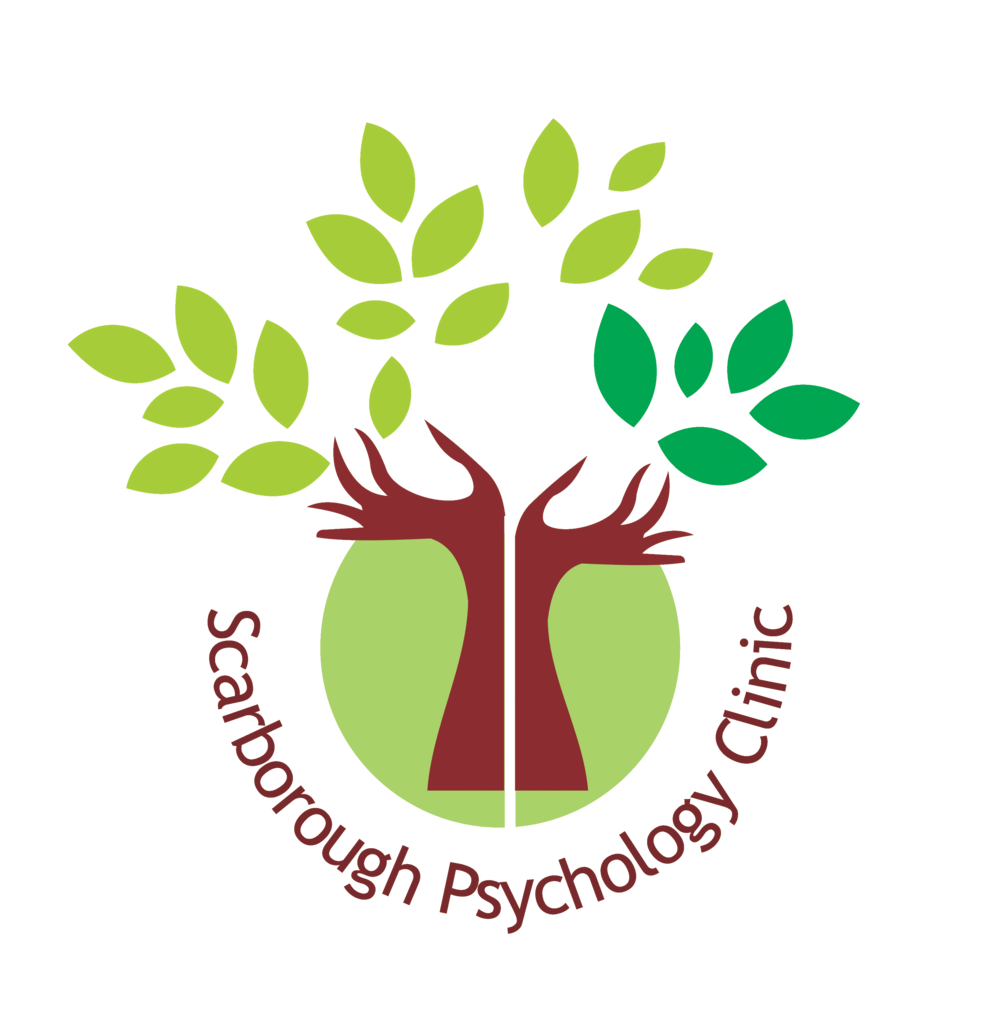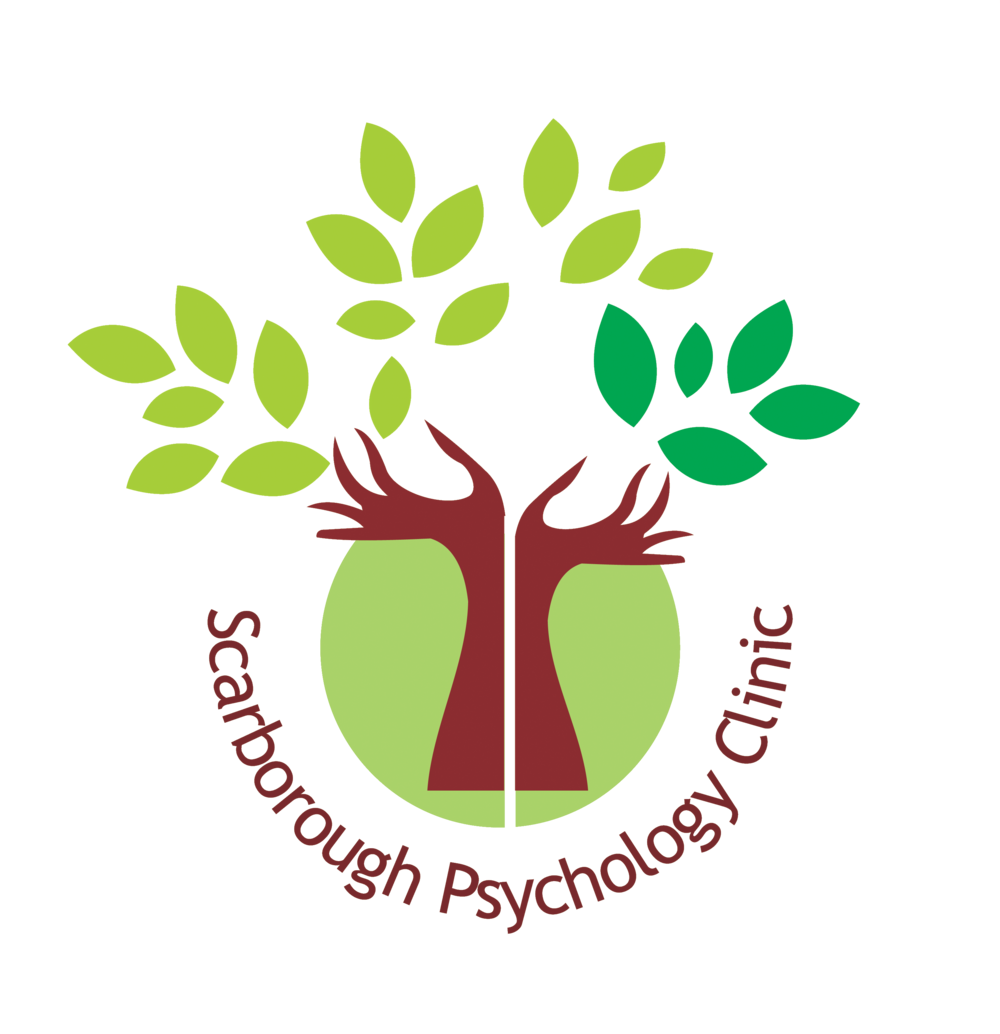“Although trauma can scar you deep within,
always believe that your feet can dance again.”

Have you experienced trauma in life?
Do you get repeated disturbing memories of the event?
Have you lost interest in activities post the traumatic event?
Do you feel anxious, confused, sad, or numb following the traumatic event?
Posttraumatic Stress Disorder (PTSD) is linked to previous traumatic experiences. It involves exposure to a very stressful experience involving actual or threatened death, serious injury, or sexual violence.
This could be something that happened to us directly, something that we may have witnessed, or learned about it happening to someone close to us.
Some of the traumatic experiences may include:
- Threatened or actual sexual abuse
- being a victim of torture or rape
- involvement in military combat (combatant or civilian)
- a serious accident (e.g. motor vehicle collision)
- threatened or physical assault (robbery or mugging) or abuse
- being kidnapped or taken hostage
- terrorist attack
- incarceration or prisoner of war
- involvement in natural or human-made disaster
- witness of unnatural death, domestic violence, or accident
Symptoms of posttraumatic stress disorder can include:
- repeated disturbing memories of the event
- flashbacks
- nightmares
- symptoms of hyper-vigilance or hyper-arousal
- avoidance of memories, thoughts, or feelings related to the event
- memory problems
- feelings of fear, anger, guilt, or shame
- loss of interest in activities
- feeling distant from others or disconnected from oneself
- irritability or anger outbursts
- difficulty with concentration
- disturbed sleep
- getting easily startled
Symptoms of Posttraumatic Stress Disorder can cause impairment in functioning. It is important that these symptoms are not ignored because PTSD can be effectively treated with Cognitive Behaviour Therapy (CBT). CBT is an evidence-based psychotherapeutic treatment where a client and a therapist work collaboratively to understand problems in terms of the relationship between one’s thoughts, feelings, and behaviors.
Another treatment modality that is used for treating PTSD is called Eye Movement Desensitization and Reprocessing (EMDR). EMDR is a treatment modality that focuses on eliminating all the symptoms associated with stress and trauma.
TRAUMA
Trauma is the root cause of many mental health challenges we face today. Research has indicated that traumatic life events are often the single cause of anxiety and depression.
What is trauma?
It is an experience that can leave us feeling threatened, helpless, insecure, vulnerable, and overwhelmed. It can occur from a direct or indirect experience.
We may witness a traumatic event or learn about it happening to someone close to us. We may also be exposed to details of something traumatic continuously at home (domestic abuse, sexual abuse, rape, chronic health issues, loss or death) or at our work settings (paramedics, police officers, first responders). We can be traumatized when we experience something once and/or unexpectedly or from a repeatedly stressful experience. Certain events in our childhood can traumatize us as well.
During a traumatic event, the survival brain can take over and can knock out the critical thinking process. So, a traumatic event can keep coming back and haunt a person even after many years.
One in three adults reports experiencing at least one traumatic event once in their lifetime. It is much more widespread than we commonly think.
The most common symptoms of trauma include:
- Confusion
- Shock
- Denial
- Anger
- Irritability
- Fluctuating mood
- Fear
- Anxiety
- Shame
- Guilt
- Feeling numb
- Self-doubt
- Being easily startled
- Insomnia
- Nightmares
- Concentration difficulty
- Fatigue
- Agitation
- Feeling overwhelmed
- Social isolation
Previously, it was always believed that we could just ‘get over’ our traumatic events and can move on quickly with our lives. However, newer developments in neuroscience and neurobiology have revealed that trauma can actually cause long-lasting physiological changes in the brain and body.
Trauma can remain stored in the body. It can alter the brain’s alarm system and can increase stress hormone activities, causing physical and emotional problems long after the event has taken place.
However, the good news is that now we have advanced knowledge in treating trauma. Treating trauma with the help of EMDR, Mindfulness-Based Practices, and CBT has been very effective and can help one heal, move on and lead a very fulfilling life. Our clinicians at Scarborough Psychology Clinic are all exceptionally trained in trauma-informed care.

